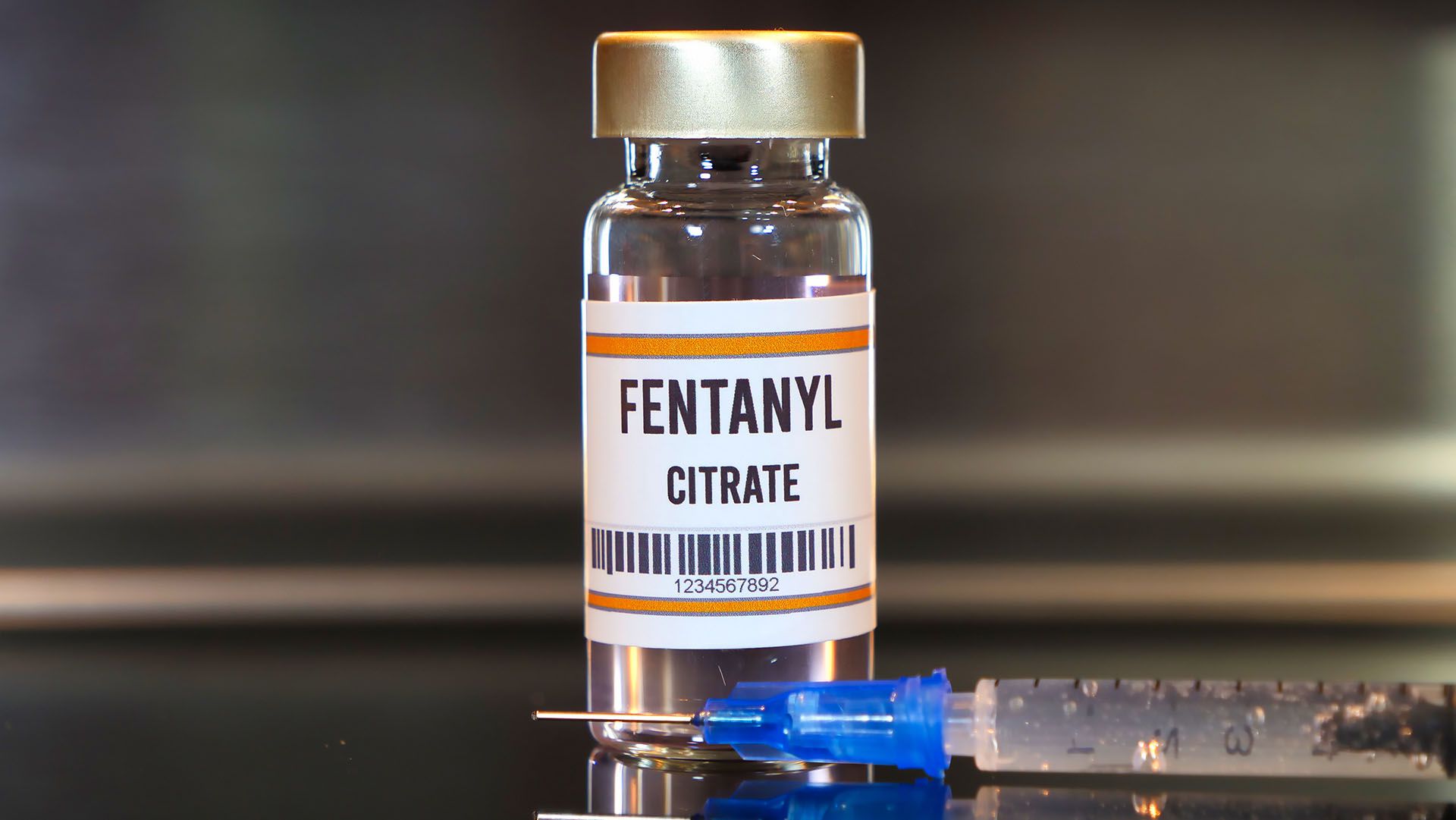Drug Rehab & Addiction Programs for Women
Addiction is hard enough when you’re not fighting with your spouse, worrying about your kids, and endlessly scurrying to meet seemingly impossible goals and responsibilities. Women face a uniquely demanding world, and drug rehab for women targets the specific needs and challenges of women on the journey to recovery. Drug addiction programs for women recognize that men and women still lead different lives with different demands. By helping you regain control over your own life, the right program can help you achieve sobriety, a happier family, and a better life.
Why is Sobriety Different for Women?
While most women are increasingly committed to pursuing gender equality, the fact remains that we live in a world that is far from equal. Many sociologists refer to a “second shift” of work. Women who work outside of the home must then go home and tend to their homes and families, often while the men in their lives relax. For many women, this unfairness is a chronic source of stress, and the inability to live up to an unachievable ideal—of a woman who looks beautiful, has a successful job, maintains a clean home, has perfect kids, and whose marriage is never troubled—is overwhelming, and the source of immense depression.
It’s not just the competing demands of work, home, and personal life, though. Women face a complex array of unique challenges, including:
- Different genetics and hormone profiles. Until recently, most medications were tested only on men, so we still don’t know how many drugs affect women. Because women are, on average, smaller than men, it stands to reason that women may get addicted to some drugs more quickly than men.
- More exposure to trauma. About 15% of women have been raped, with about a quarter experiencing domestic violence. Street harassment, pay discrimination, and other forms of abuse conspire to make life more difficult for the average women. As a result, more women have anxiety disorders, depression, and PTSD than men. These challenges are risk factors for addiction, and many women turn to addictive substances to ease the pain of psychological distress.
- Less support from loved ones. Research consistently shows that wives are quick to support their husbands int eh battle against addiction, but that women who struggle with addiction may have to go it alone.
Drug rehab for women takes into account these obstacles, then finds ways to help women work around them.
What Obstacles Do Women Face to Sobriety?
In addition to the array of life challenges many women face, women often experience some obstacles to sobriety that men don’t face. This doesn’t mean that men never face these challenges, just that they are much more prevalent among women. Those include:
- Being the primary caregiver to children.
- Being primarily responsible for housework and household tasks.
- Not having the support of a caring partner.
- Being exposed to domestic violence and other forms of abuse.
- A history of trauma.
- The stress of regular exposure to sexism.
Drug rehab for women can’t remove these obstacles, just as it can’t remove the other stressors that tend to push addicts into addiction. Instead, the goal of drug treatment programs is to offer you the skills you need to cope with your addiction, even when life gets stressful and overwhelming.
Drug Rehab for Women: The Basics
If you think you might need help for a drug addiction, there’s no reason to feel ashamed. Drug addiction is common, especially in an increasingly demanding and stressful society. Like any other disease, addiction warrants medical intervention—not shame and ostracism. Good drug rehab programs offer an array of services, so be sure the place you choose offers:
- Individual counseling. Therapy offers you the chance to discuss how and why you became an addict, identify your triggers for use, and discuss the unique stressors you face. Your therapist will help you understand if there are any old habits impeding your ability to live a good life, offer you tips for coping with cravings, and provide a supportive, judgment-free sounding board for your feelings and thoughts.
- Group support. It’s good for you to feel less alone, especially since so many addicts feel deeply isolated. Support groups such as Narcotics Anonymous offer you the support and inspiration you need to get and stay sober; they also allow you to benefit from the collective wisdom of other addicts in the group. Some drug treatment programs also offer group therapy, which provides you a chance to test out the skills you’re mastering in your individual counseling sessions.
- Medical care. Drug addiction is a medical problem, not a personal failing, which means that you’ll need assistance to manage the health toll of your addiction. Your doctor can offer you advice about lifestyle changes that will make sobriety easier, and may even prescribe drugs to reduce your cravings or combat the symptoms of withdrawal.
- Lifestyle skills coaching. Drug addiction isn’t just an isolated choice. It affects and infects every facet of your life, from your career to your family. Making healthy lifestyle changes can help you reduce the control your addiction has over your daily life, and some lifestyle changes may even help to reverse the damage of drug addiction.
Do I Need to Explore Drug Treatment Programs?
If you have a drug addiction, your addiction is likely already readily apparent to the people who love you. But many addicts struggle with denial. It’s not easy to admit that you’re not the person you once were, or that drugs have overtaken your existence. Admitting to your drug addiction problem, though, is the first step on the journey to a happy, healthy recovery.
Still not sure whether you need help? Ask yourself the following. If you answer yes to three or more questions, you likely are an addict in need of a drug treatment program:
- Do you neglect your family or job because of drugs?
- Have people you loved asked you to quit using?
- Do you keep planning to quit tomorrow, next week, or next month?
- Have you recently tried to quit, but failed?
- Do you have a history of mental illness?
- Does addiction run in your family?
- Do you experience health problems resulting from your use of alcohol or drugs?
- Do you lie to others about your use of drugs?
- Do you say or do things you regret while under the influence of drugs?
- Are you worried you can’t feel normal or happy if you get sober?
- Have you used drugs longer than a year?
- Do you spend a significant portion of your time with other drug users?
Contact Addiction Rehab Centres Canada today!
Further Reading:







